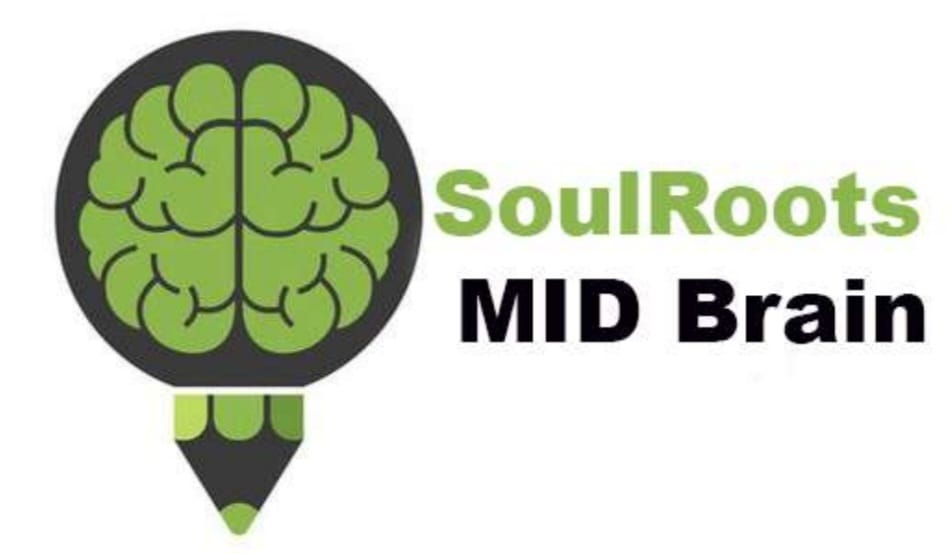+918042752581
Recently updated about

This is your website preview.
Currently it only shows your basic business info. Start adding relevant business details such as description, images and products or services to gain your customers attention by using Boost 360 android app / iOS App / web portal.
Description
Obsessive-Compulsive Disorder (OCD) is a chronic mental health condition characterized by persistent, intrusive thoughts (obsessions) and repetitive behaviors or mental acts (compulsions) performed to alleviate the distress caused by these thoughts. Individuals with OCD often experience intense anxiety and discomfort due to these obsessive thoughts, which can lead to compulsive actions intended to prevent perceived negative outcomes or reduce anxiety. For example, someone might have obsessive fears about contamination and engage in excessive handwashing to feel clean and safe. The symptoms of OCD typically involve two main components: obsessions and compulsions. Obsessions are unwanted and intrusive thoughts, images, or urges that cause significant anxiety or distress. Common obsessions include fears of harming others, concerns about cleanliness or order, and doubts about safety. Compulsions are repetitive behaviors or mental rituals performed in response to these obsessions or according to rigid rules. For instance, individuals might check locks repeatedly, count objects, or mentally pray to relieve the anxiety caused by their obsessions. The compulsions are usually aimed at preventing a feared event or situation, even though they may not be connected to the actual event. Treatment for OCD often involves a combination of psychotherapy and medication. Cognitive Behavioral Therapy (CBT), specifically a type called Exposure and Response Prevention (ERP), is considered one of the most effective treatments. ERP involves gradually exposing individuals to their obsessions while helping them resist the urge to perform compulsions, thereby reducing anxiety over time. Medications such as selective serotonin reuptake inhibitors (SSRIs) can also help manage OCD symptoms by affecting brain chemicals related to mood and anxiety. Combining these treatments with lifestyle changes and support from mental health professionals can significantly improve the quality of life for those with OCD. If you or someone you know is struggling with OCD, seeking help from a mental health specialist is crucial for effective management and relief from symptoms.

